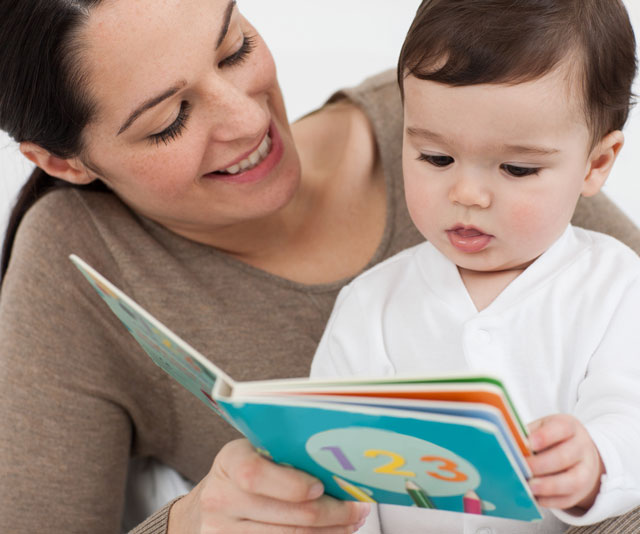Most children will begin talking around the age of one, but many of those words will be unintelligible to anyone except the people closest to them. Letters will be swapped, and sounds will be muddled.
Often, deciphering words can be nothing short of miraculous.
Sometimes children develop seemingly cute speech habits, but these habits can hinder them if left untreated for too long. Many issues will iron themselves out however persistent habits need intervention.
Most minor speech problems are easily fixed with the right intervention. More complex speech issues require a more long-term approach to treatment.
Mum-of-four, Nicole Garrett, wasn’t initially concerned over her third child, Dominic’s, unusual inflection; in fact at first it was cute.
“My son talked like Tweety Bird,” tells Nicole. “He started speaking that way and we thought he’d just grow out of it.”
But Tweety Bird stayed, and Nicole’s concern grew.
“I asked his kindy when he was about three-and-a- half and they told me they usually grow out of it. I went to a group called ‘Toddler Talk’ recommended by the GP and they said we could book in for government speech therapy but the waiting list was about 18 months so we thought we would wait and see.”
By the time Dominic went to school the issue was apparent, but he also started to notice it himself.
“He struggled with the ‘T’, ‘D’, ‘G’ and ‘R’ sounds so things like dog became dod, goat was doat, rake was wate etc. His teacher mentioned about half-way through his first year of school that he was struggling with his articulation and becoming frustrated and she felt it was because he was saying the sounds incorrectly.”
After about six sessions with a speech pathologist and some games to play at home, Dominic’s issues were righted and now the six-year-old speaks normally.
Although all children develop at different rates, usually by the time a child reaches three years of age they should be around 75% understandable to anyone according to acclaimed neuro developmental pediatrician, Dr James Coplan.
Melinda Wickham* noticed her three-year-old son, Alexander, was far behind his younger sister is his speech so they sought professional help. At first, the prognosis looked bad.
“We went on a long path with speech therapy coupled with the worst Ear, Nose and Throat paediatrician. He tried to tell us that Alex had a terrible genetic condition which meant he wouldn’t be able to attend a normal school,” Melinda tells.
“That was a long, long, month and he was wrong. It turns out that Alexander just had problems with his ears, like I did, and after a procedure and speech therapy things improved.”

Children develop at different rates but by three years old they should be 75% understandable.
(Image: Getty Images)Approximately one in four parents of pre-school aged children have concerns about their child’s speech development, and the manager of the Communications Disorders Treatment & Research Clinic at The University of Sydney, Dr Maree Doble, believes early intervention is paramount.
“Speech is developmental and we work on different errors at different ages,” Dr Doble says.
“Having said that, most children have 100% intelligible speech by five, so any speech issues should be addressed in the preschool years. The earlier they are addressed, the better. It is not only for clarity of speech, but early literacy development too.”
As carers we need to be aware when a child is substituting sounds. When car sounds like ‘tar’, or van sounds like ‘ban’, it could be an indicator than something is awry, and addressing that indicator before school can be majorly beneficial.
“Don’t leave persistent speech problems – poor speech can affect a young child’s confidence and their literacy skills, so the earlier it’s addressed the better,” tells Dr Doble.
“If a parent has any concerns, seek the advice of a speech pathologist. Also, so many people think boys are just slower to develop. Boys have a higher incidence of speech and language issues and any problems should be addressed in the preschool years.”


.png)
